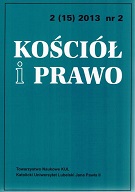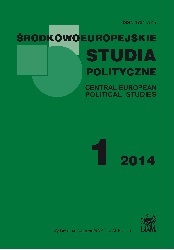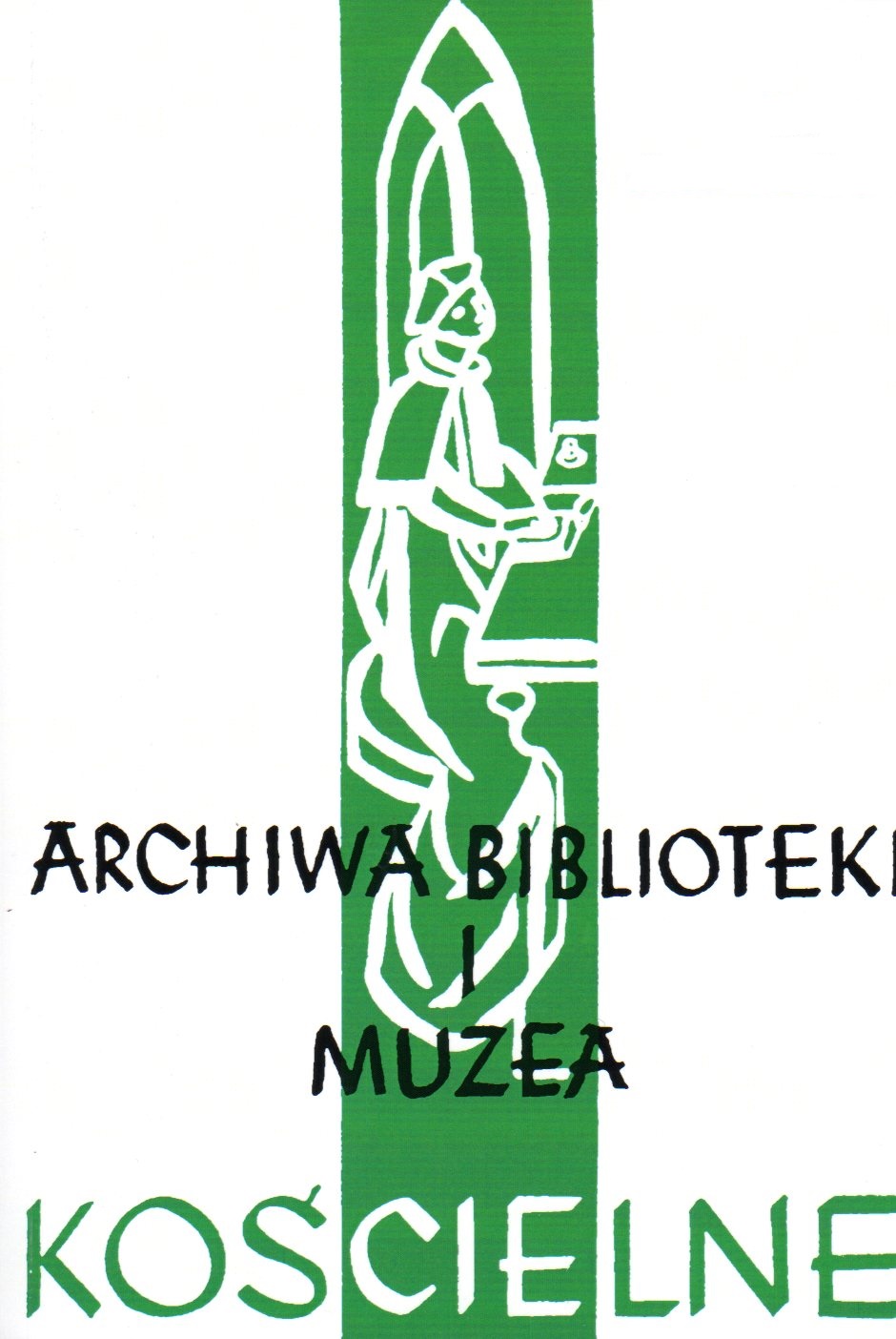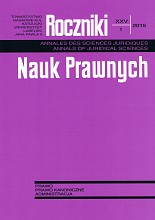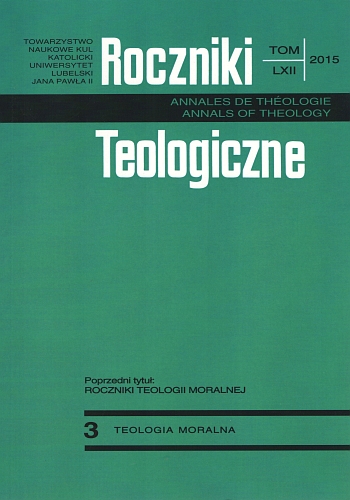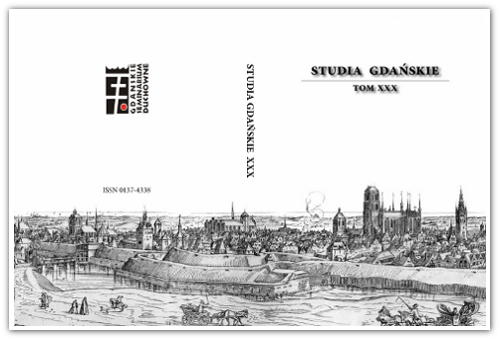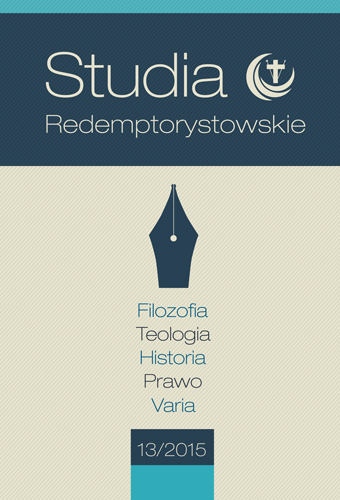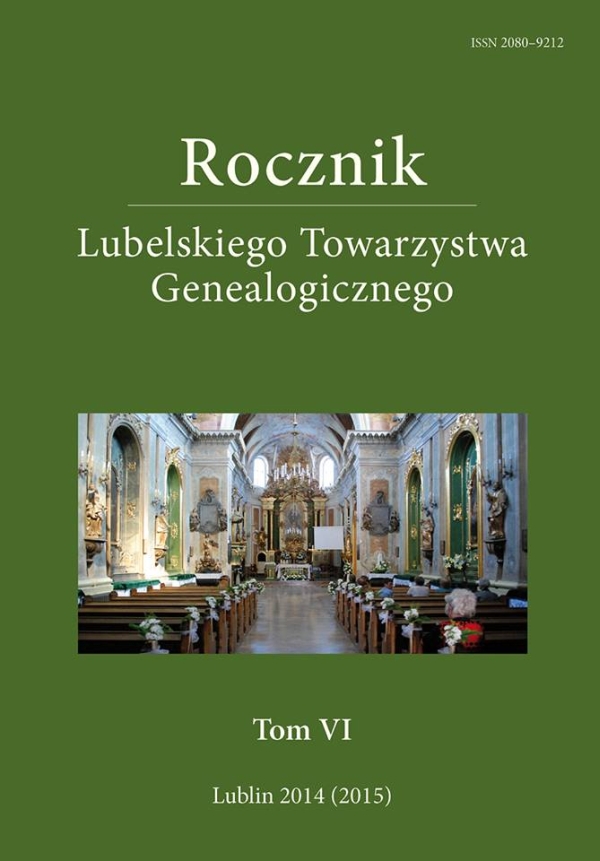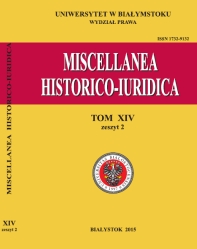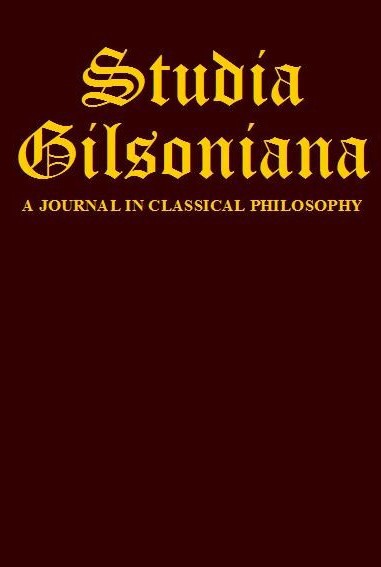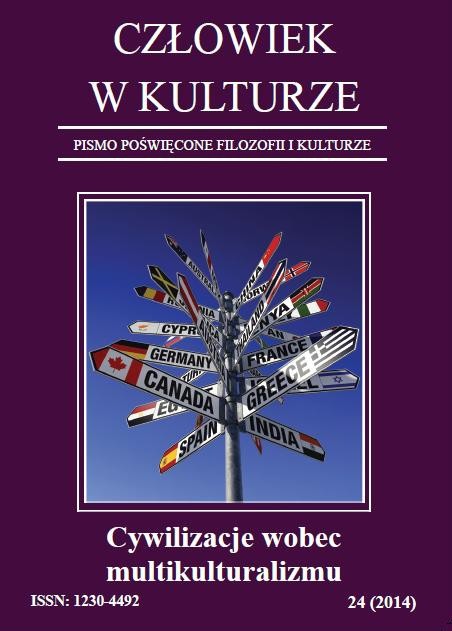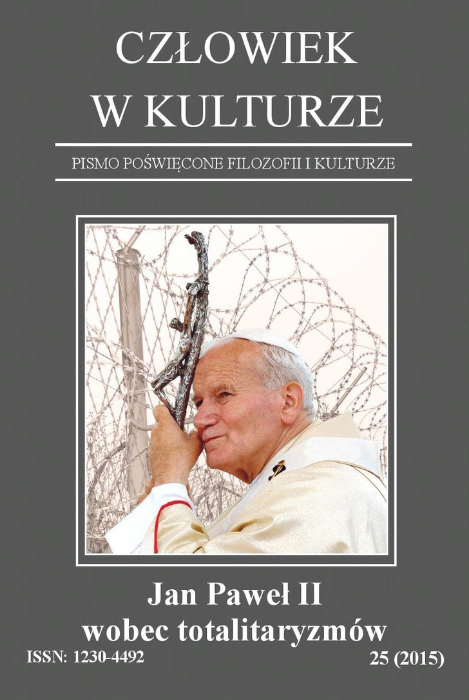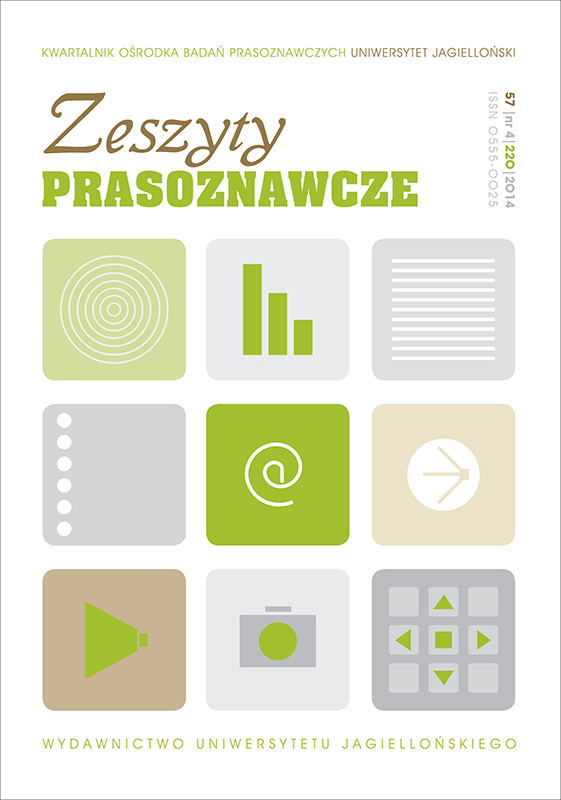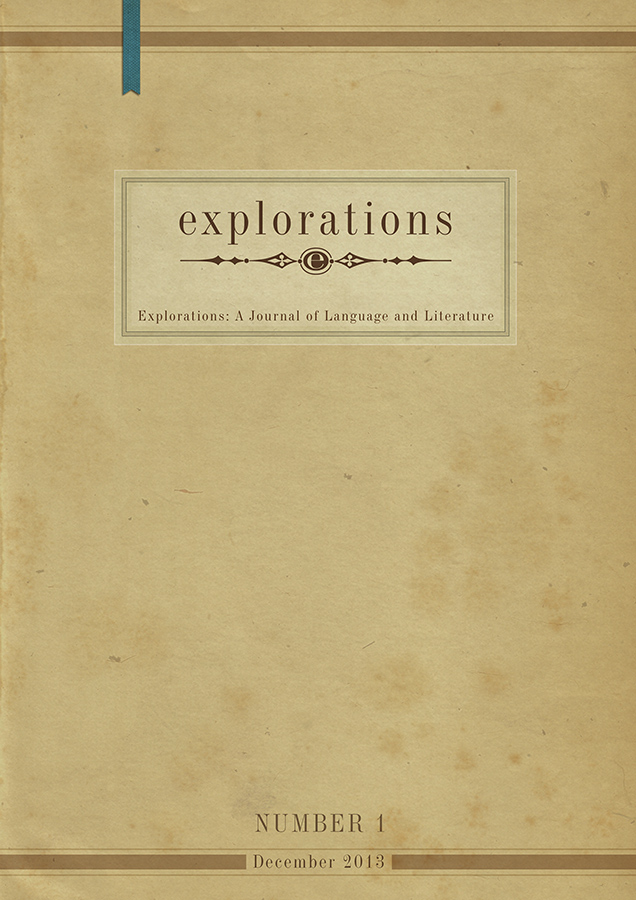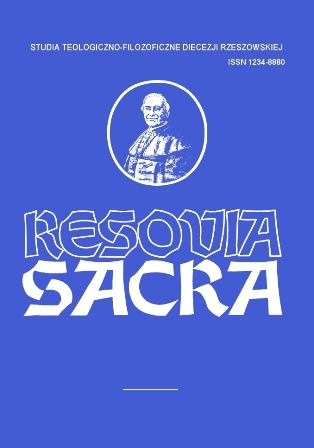Czynniki kształtujące poznanie aporetyczne
Author(s): Piotr Duchliński / Language(s): Polish
/ Issue: 13/2015
Keywords: aporetic philosophy; factual contexts; historical context; scientific image of the world; classical philosophy; scientifically oriented philosophy; neo-Thomism; phenomenology; analytical philosophy
This article aims to give an epistemological analysis of the formative contextsof aporetic knowledge. Through an examination of selected philosophicalpositions, three sorts of context are considered: factual ones, historicalones, and those furnished by the scientific image of the world. The scope ofthe article includes viewpoints associated with Thomistic, analytical, and phenomenologicalphilosophy, as well as philosophers operating with referenceto contexts specifically furnished by the sciences. Both Thomists and phenomenologistsmay be said to attach greater significance to factual contexts,with the difference that the latter require these to be purged of all accretionsstemming from scientific theorizing and history. For those conducting philosophywith reference to the contexts furnished by science itself, the priorityis to take full account of the currently reigning scientific image of the world,while in the case of analytical philsophers we encounter a shift from factualcontexts to linguistic ones. The difficulties involved in each case are pointedout, and based on the resulting discussion, it is proposed that when seekingto formulate philosophical aporiae all such contexts should be considered –be they factual, linguistic, historical or scientific. Indeed, it is asserted thatno aporiae can be said to be confined to just one such context, as each has itsfactual, linguistic, historical and scientific dimensions. Aporetic knowledge,moreover, is knowledge conditioned by the choice of a particular paradigmof philosophical understanding, and it is this philosophical paradigm that –in its role as a yardstick for what counts as epistemically successful discernment– decides what we ought to be investigating, and in what manner weshould do so. To discern any such aporia, then, one must first have embracedthe requisite paradigm. Also, we should expect to meet with the situationsthat generate philosophically interesting problems precisely at those pointswhere different fields of knowledge (be they natural-scientific, humanistic,social-scientific, or literary) intersect. This, though, in turn demands a highlevel of interdisciplinary cooperation between various knowledge-related disciplines,as only then can we hope to arrive at the multi-aspected overview ofaporiae needed if these are to be elucidated at a deeper level. Aporetic knowledge,it is concluded, is dialogical knowledge, whose epistemic-cognitivevalue is moulded in the fire of critical discussions that necessarily involve differentparadigms – paradigms in competition with one another as regards thevalidity of their truth claims.
More...
